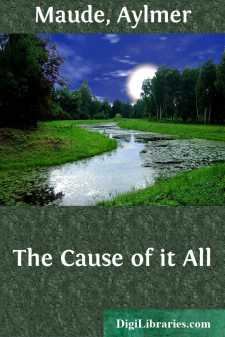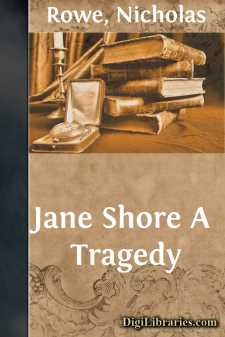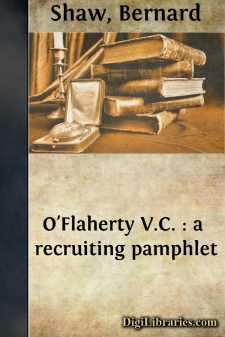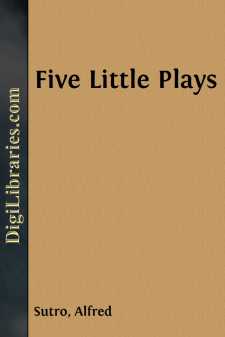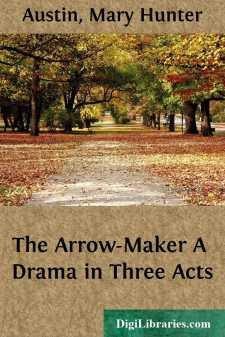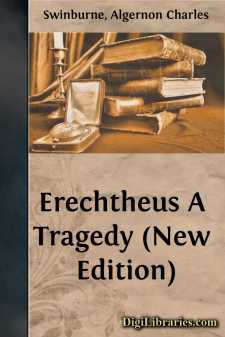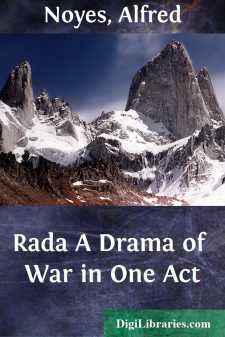Drama Books
Sort by:
by:
Aylmer Maude
ACT I Autumn. A peasant's hut, with a small room partitioned off. AkulÃna sits spinning; Martha the housewife is kneading bread; little Paráshka is rocking a cradle. MARTHA. Oh dear, my heart feels heavy! I know it means trouble; there's nothing to keep him there. It will again be like the other day, when he went to town to sell the firewood and drank nearly half of it. And he blames me...
more...
by:
Aleister Crowley
HOUSEHOLD GODS THE SCENE is at the hearth of CRASSUS, where is a little bronze altar dedicated to the Lares and Penates. A pale flame rises from the burning sandal-wood, on which CRASSUS throws benzoin and musk. He is standing in deep dejection. CRASSUS.Smoke without fire! No thrill of tongues licks up The offerings in the cup.Dead falls desire. Black smoke thou art, O altar-flame, that dost...
more...
by:
Nicholas Rowe
ACT THE FIRST. SCENE I. THE TOWER. Enter the Duke of Gloster, Sir Richard Ratcliffe, and Catesby. Glos.Thus far success attends upon our councils,And each event has answer'd to my wish;The queen and all her upstart race are quell'd;Dorset is banish'd, and her brother Rivers,Ere this, lies shorter by the head at Pomfret.The nobles have, with joint concurrence, nam'd meProtector of...
more...
by:
Bernard Shaw
It may surprise some people to learn that in 1915 this little play was a recruiting poster in disguise. The British officer seldom likes Irish soldiers; but he always tries to have a certain proportion of them in his battalion, because, partly from a want of common sense which leads them to value their lives less than Englishmen do [lives are really less worth living in a poor country], and partly...
more...
by:
Alfred Sutro
THE MAN IN THE STALLS The sitting-room of a little flat in Shaftesbury Avenue. At back is a door leading to the dining-room—it is open, and the dinner-table is in full view of the audience. To the extreme right is another door, leading to the hall. The place is pleasantly and prettily, though quite inexpensively, furnished. To the left, at angles with the distempered wall, is a baby-grand piano; the...
more...
The greatest difficulty to be met in the writing of an Indian play is the extensive misinformation about Indians. Any real aboriginal of my acquaintance resembles his prototype in the public mind about as much as he does the high-nosed, wooden sign of a tobacco store, the fact being that, among the fifty-eight linguistic groups of American aboriginals, customs, traits, and beliefs differ as greatly as...
more...
PEOPLE IN THE PLAY ALICE GARDNER: Daughter of James K. Gardner, President of the L.I. & W. Railroad "UNCLE" JOSEPH HATCH: Alias "Gentleman Joe" "BRICK" MEAKIN: Alias "Reddy, the Kid" HARRY HAYES: Alias "Grand Stand" Harry CAPTAIN LUCAS: Chief of Police Policemen, Brakemen, Engineers Scene—The dining room in the country house of James K. Gardner on Long...
more...
ACT I SCENE I (So-called 'Little Hall' in BRAND'S manor-house at Reynistad. Enter the DEACON SIGURD, THOROLF BJARNASON, ALF OF GROF, and EINAR THE RICH, of Vik.) Deacon Sigurd.—Thorolf, Lady Jorun bade you wait here until her husband comes. Thorolf.—Where is Brand Kolbeinsson? I bear a message for him from my Lord Kolbein the Young. Sigurd.—Why comes he not himself? Alf.—Kolbein...
more...
ERECHTHEUS.Mother of life and death and all men's days,Earth, whom I chief of all men born would bless,And call thee with more loving lips than theirsMother, for of this very body of thineAnd living blood I have my breath and live,Behold me, even thy son, me crowned of men,Me made thy child by that strong cunning GodWho fashions fire and iron, who begatMe for a sword and beacon-fire on thee,10Me...
more...
by:
Alfred Noyes
RADA SCENE—_A guest-chamber, the typical living-room of a prosperous village doctor in the Balkans. On the left, a small window and an entrance door. On the right, a door leading into a bedroom. At the back, an open fire of logs is burning brightly. Over the fireplace is the eikonostasis, with three richly coloured and gilded eikons, the central one of the Madonna. The light, which is never allowed...
more...


